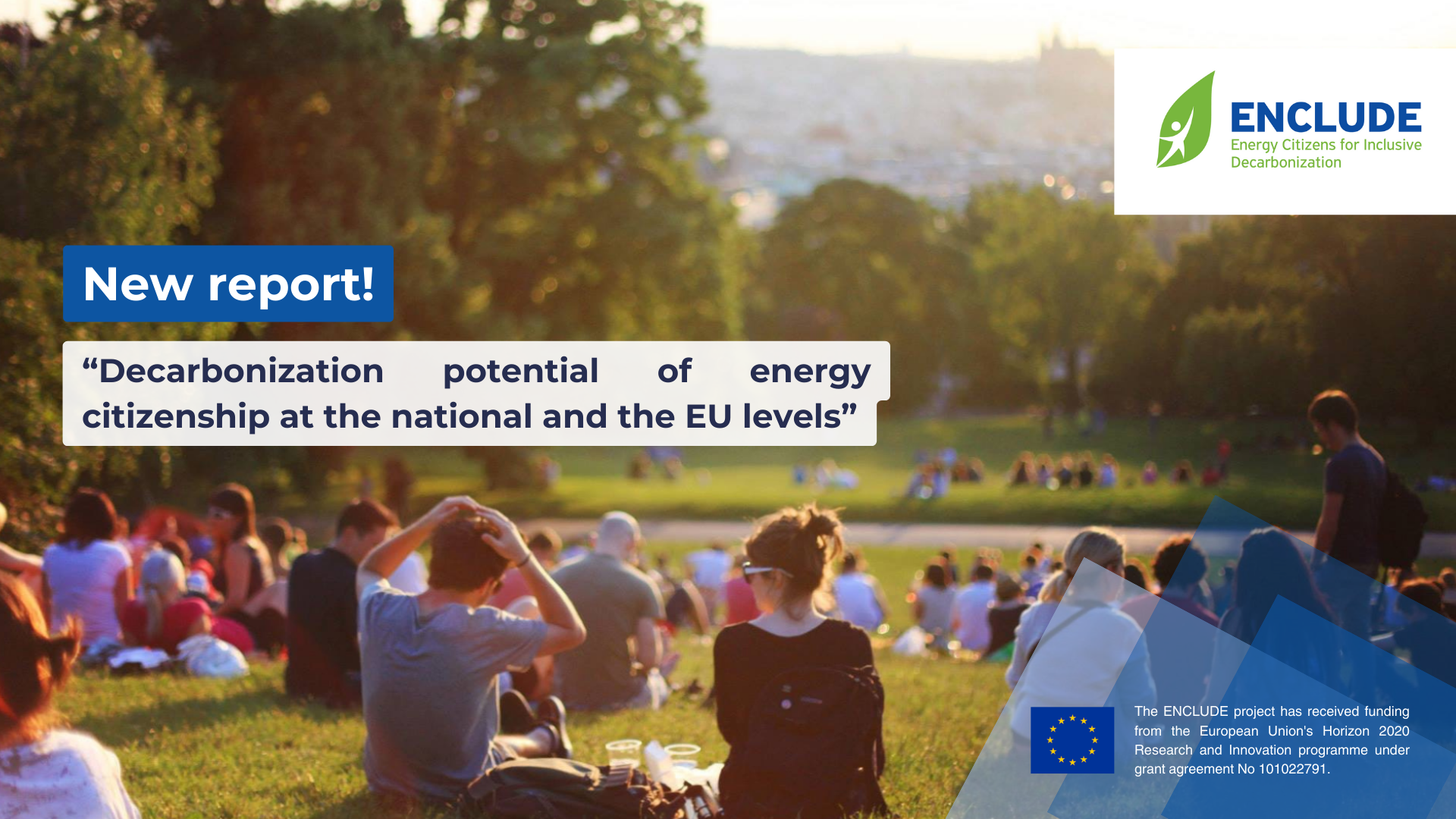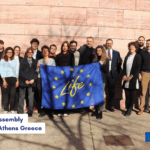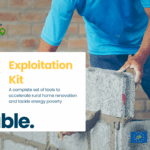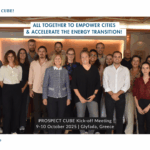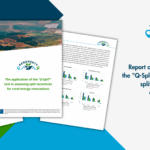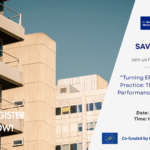Our latest report entitled “Decarbonisation potential of energy citizenship at the national and the EU levels” produced within the EC-funded Horizon 2020 ENCLUDE project, aiming to explore the decarbonisation potential of different expressions of energy citizenship as manifested at the national and the supranational levels, is now published!
The ENCLUDE project contributes to European efforts for a just and inclusive transition towards climate neutrality by using the strengths of energy system and integrated assessment models, aiming at a more holistic understanding of the multi-scale relationship between the various forms of energy citizenship and decarbonization.
In this context, we expand our work under Deliverable 5.3 (with a focus at the local scale), and we employ the enhanced ENCLUDE modelling ensemble to extract useful and policy-relevant insights about the decarbonisation potential of different manifestations of energy citizenship at both the national and the supranational levels.
To do so, we focus on four (4) “people-centred” storylines, showcasing different aspects of energy citizenship, namely: (i). “Power to the People”, (ii). “Habitual Creatures”, (iii). “Band Together”, and (iv). “People to the Streets”.
By combining these storylines with “future-world” narratives, which describe future systemic changes of society and economy, providing a context of potential future-world evolutions that may be inhabited by citizens, we created a scenario space to study case-specific decarbonisation pathways of interest, acknowledging and considering through our case study selection, the depth of complexity and diversity across the European energy and policy landscape.
In this endeavour, we harnessed the power of existing models comprising the ENCLUDE ensemble, as well as expanded it by developing a new modelling framework (i.e., OSeMOSYS-GR) to study different energy planning alternatives in Greece by 2050, based on different citizens’ preferences and different levels of acceptance (or opposition).
Overall, we provide modelling results for the following three (3) cases:
- “Power to the People” by empowering prosumerism and citizen adoption of small-scale photovoltaic and residential battery energy storage systems at the Member State level by 2030.
- Combining “Power to the People” with “People to the Streets” storylines towards citizen preference-led energy planning alternatives and 100% renewable-based national energy systems.
- Decarbonising the transport and the residential sectors in Western Europe under different “people-centred” storylines and manifestations of energy citizenship.
You can read and download the full report here.
For more information about ENCLUDE visit the project’s website.

